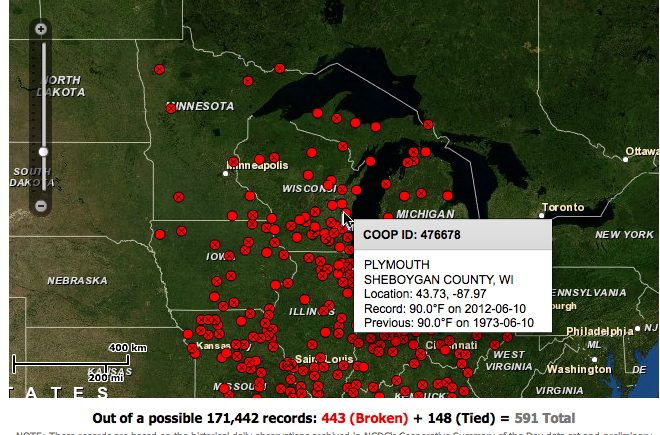A rash of Serious Books by Serious People–the kind who get on the news or NPR–has validated Occupy’s critique of American political economy. Not that they put it that way. But from debt to Big Oil to the economy, it seems that the unwashed anarchist rabble–as those same Serious People see OWS–were right all along.
I’m bit a bit unfair to some of these writers. Joseph Stiglitz, whose term “the one percent” was part of the inspiration for “the 99%,” calls his new book The Price of Inequality, an Occupy-friendly concept. And Paul Krugman’s End This Depression Now! uses a slogan for a title. The primary conclusion of both writers is that the current economic crisis is in fact a political crisis. It’s at this point that we tend to say, “we know!” However, in the rarefied domain of academic economics, this is heresy. Stiglitz warns mainstream liberals that they are at risk of an Arab Spring:
our own country has become like one of these disturbed places, serving the interests of a tiny elite.
Apart from the Orientalism, the idea that this is new and the suggestion that the 2011 events were a bad thing, I agree!
Of course, what’s at stake in many of “these places” is oil. New Yorker writer Steve Coll has a massive tome out, exploring what he calls the Private Empire built by ExxonMobil. The book uses the judicious tone of his home journal but nonetheless amply reveals how astonishing the power wielded by this “too big to fail” behemoth has become. For example, when agreeing to drill oil in Chad, ExxonMobil and other Big Oil companies secured a thirty-five year compact. It provides that
the State guarantees that no governmental act will be taken in the future, without prior agreement between the parties, against the Consortium which has the effect either directly or indirectly of increasing the obligations or amounts payable by the Consortium or which adversely affects the rights or economic benefits of the Consortium.
As well they might: Coll notes that the $5.3 billion profit made by ExxonMobil when this was signed in 1988 was several times larger than Chad’s entire economy.
This history, and many others of its kind, like the Memorandums of Understanding by which India’s mineral wealth has been handed over to private corporations, indicates that the concept of corporate personhood, complete with “human” rights, was created in the underdeveloped world and then imported to the neocolonial metropole. Even Republican administrations wait to be told what ExxonMobil want. The reviewer of this book for The Nation noted that even Coll’s own foundation has received grants from ExxonMobil–although, to be fair, Coll recused himself from the process.
Coll cites some interesting evidence that ExxonMobil were prepared to accept a carbon tax, while vehemently opposing a cap-and-trade policy for carbon. You wonder why the Obama administration, never one to stand on principle, couldn’t have found that out so that some small limitations on fossil fuel use might have resulted.
Arguably, it’s too late. In an article on Truthdig, Chris Hedges quotes Richard Heinberg, the author of “The End of Growth: Adapting to Our New Economic Reality,
Our solution is our problem. Its name is growth. But growth has become uneconomic. We are worse off because of growth. To achieve growth now means mounting debt, more pollution, an accelerated loss of biodiversity and the continued destabilization of the climate. But we are addicted to growth. If there is no growth there are insufficient tax revenues and jobs. If there is no growth existing debt levels become unsustainable.
This is Strike Debt’s argument: the “externalities” created by growing the carbon-based economy sufficiently to pay off even a percentage of household and sovereign debt would include disastrous eco-cide. Coll notes in passing that extracting fuel from tar sands uses immense quantities of water, as does fracking. In both cases, the water is horribly toxic afterwards. When we have 63% of US counties in drought, can we really afford to use this water to accelerate climate change and produce more drought? What happens when humans start running short of water in the US? Are humans small enough to fail?
Where there are political arguments in these books, they are not being discussed by either political party. Where there are political implications, they are being drawn out only by the social justice movements. The disturbances have only just begun.

